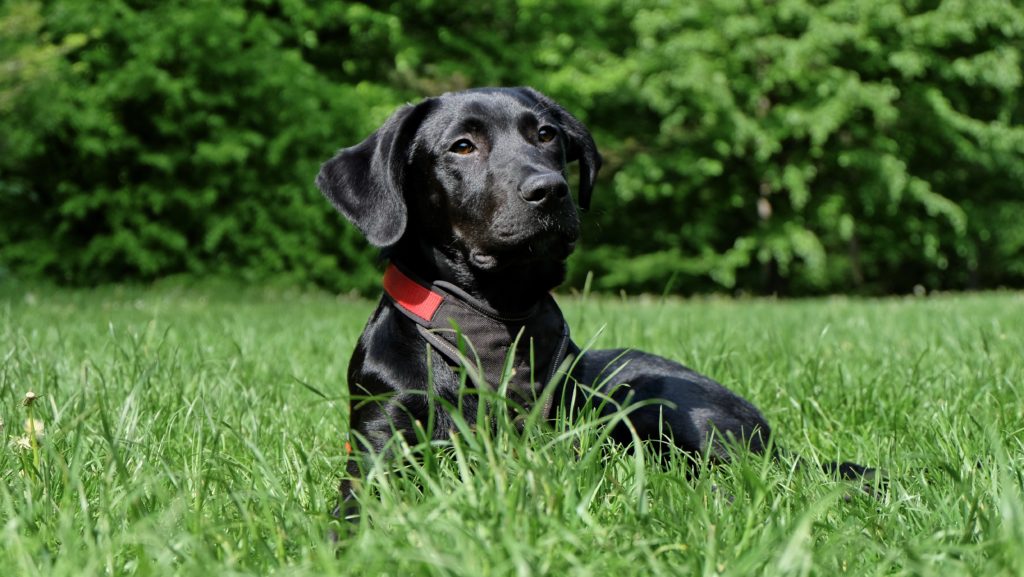
The Department of Justice published revised final regulations implementing the Americans with Disabilities Act (ADA) for title II in 2010 which clarify the requirements and updates regarding the use of service animals in the United States. On March 11, 2015, the dogs which serve disabled persons at home or office were referred to as service animals under the titles II and III; a service dog is trained individually for performing day to day tasks for a person who is not able to work properly due to a physical handicap or disability. These service dogs laws accompany those people at home, work and anywhere they go outside because they are allowed to take them out publically.
How Service Dog Laws Work
As we know that service animals are defined as individually trained dogs who assist various people with disabilities like blindness, deafness, people with the wheelchair and psychological problems. It is to make clear that those dogs who are kept solely for leisure purpose or kept to provide only emotional support to the owners are not regarded as service animals. The state and local governments provide laws in America which differ in each state.
The service dog laws prohibit animals to interfere with the normal lives of individuals in offices, cafeterias, clinics or examination rooms. Their presence must not result in compromise of the security of people at the public places; a service animal has sometimes prohibited the entry if they are displeasing for the environment or behaving abnormally.
Where are Service Dogs Prohibited?
The laws state that a person with a clear physical or mental disability must provide a certificate from a doctor and a training certificate of a service dog who accompany them. Moreover, Allergies and fear of dogs are not valid reasons for denying access or refusing service to people using service animals. When the dog is not under the control of owner and handler is helpless, there is a legitimate reason to disallow the dog to accompany them. If the state health codes and ethics prohibit a service dog to accompany a person, then they must not be allowed at the public places.
If a service animal causes any harm to the property or damages any equipment in the lab, the laws state that it is the liability of the owner or handler to pay for the damages caused by their service dog.The office staff or hotel staff is not responsible or liable for providing the food to the service animal; the handler must provide ample food to their dogs.

The laws that govern the weight requirements of service dogs state that a service animal must not weight over 100 pounds. Horses may weight over 100 pounds but ADA is considering altering their policies regarding weight requirements to enable bigger dogs to accompany their handlers. In any case or place, the service dog must not act in a way which compromises the legitimate safety requirements necessary for safe operation of the facility. They only assist the persons with disability to perform their work effectively.

